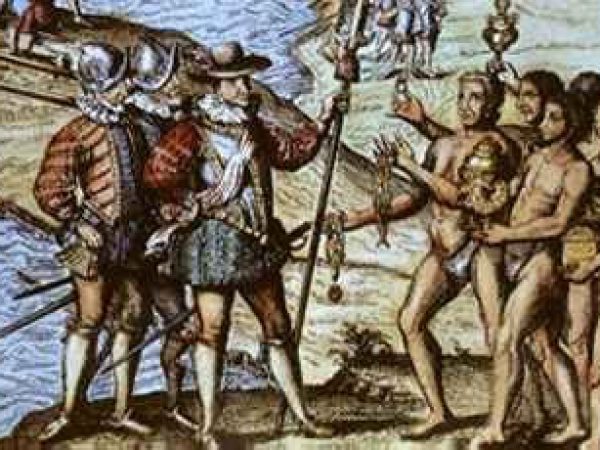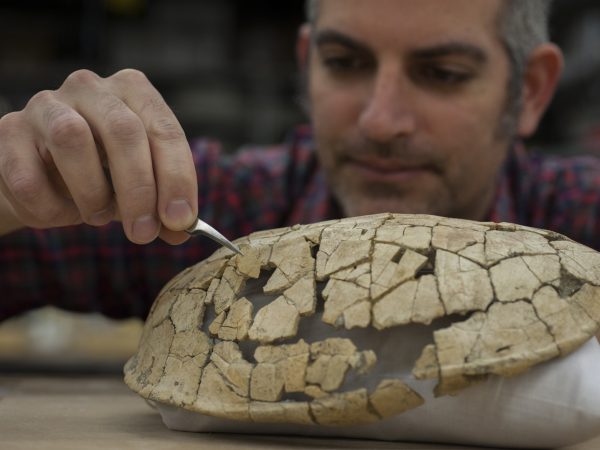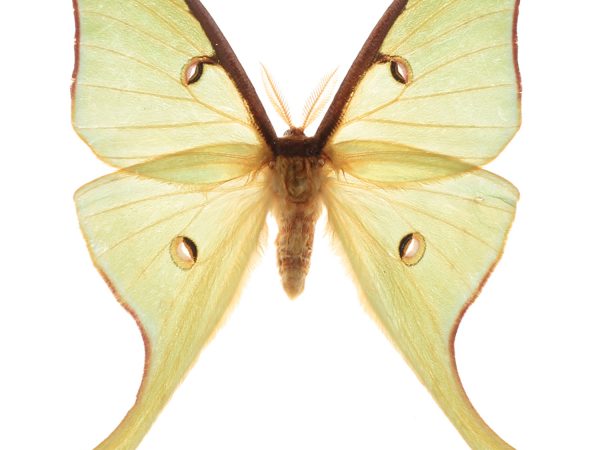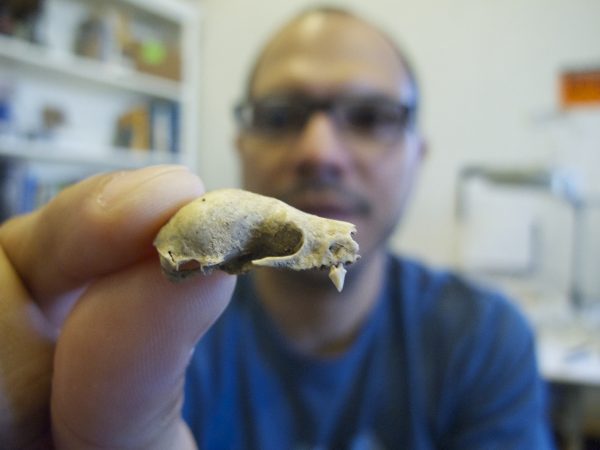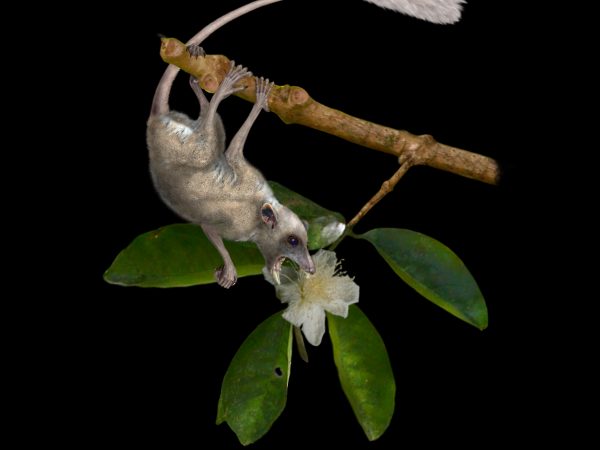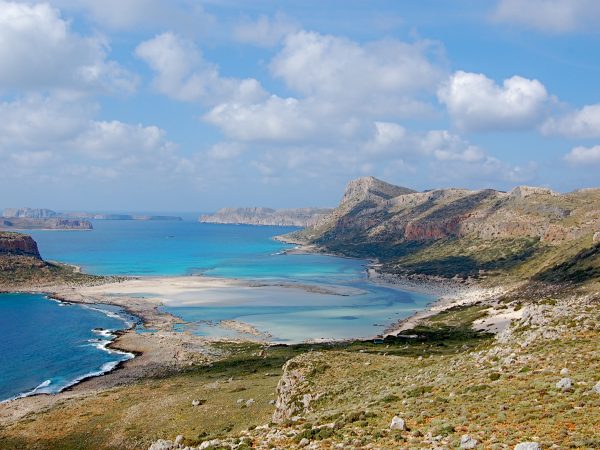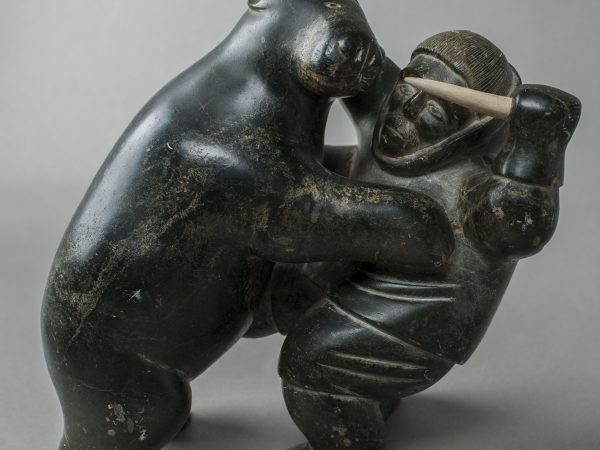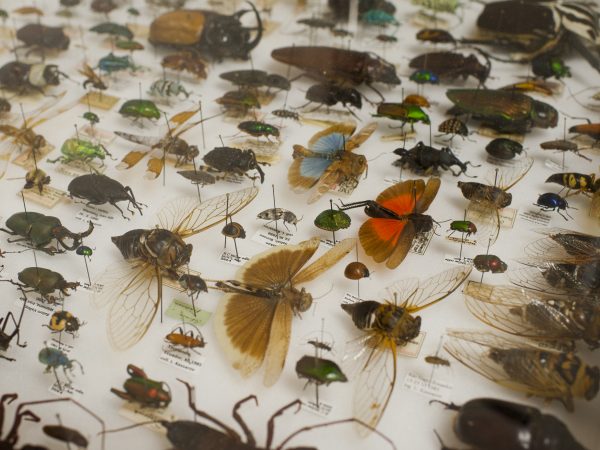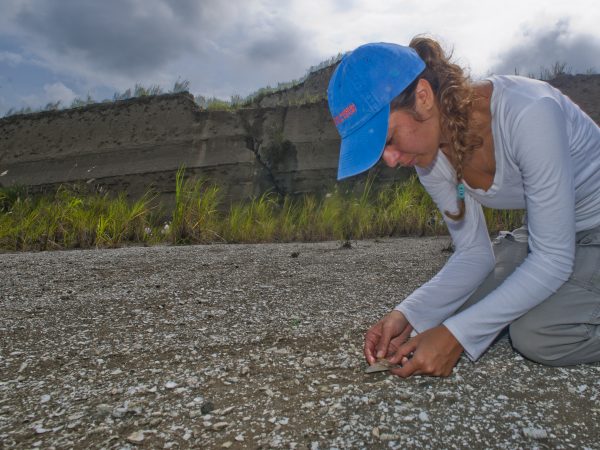History Re-written: Christopher Columbus and the cannibals
Editor’s note: Five years after this story published, new evidence lent credibility to Columbus’ cannibal claims, changing researchers’ thinking on…
Read More
Tropical turtle discovery in Wyoming provides climate-change clues
Tropical turtle fossils discovered in Wyoming by University of Florida scientists reveal that when the earth got warmer, prehistoric turtles…
Read More
Luna moths evolved long spinning tails to defend against bats
In the cover of night, an unseen war between bats and moths has been raging for 60 million years—and a…
Read More
Humans altering Adriatic ecosystems more than nature
The ecosystems of the Adriatic Sea have weathered natural climate shifts for 125,000 years, but humans could be rapidly altering…
Read More
Fossils link Caribbean bat extinction to humans
Sharing caves with millions of bats, the Caribbean’s first humans may have driven some species of the winged mammals to…
Read More
New UF study reveals oldest primate lived in trees
Say “primate” and most people wouldn’t think of a tree-dwelling, squirrel-like creature that weighs no more than a deck of…
Read More
Island isolation, warming climate shape Mediterranean Basin evolution
From the jungles of Southeast Asia to the Greek Islands, Florida Museum of Natural History botanist Nico Cellinese has searched…
Read More
A living history
By his mid-20s, Keith Reeves had traveled the world. When he settled in Florida in the 1960s, however, it was…
Read More
Global ‘tree of life’ study shows insects ruled Earth 400 million years ago
A new study involving more than 100 researchers from 10 countries, including the Florida Museum of Natural History, has reconstructed…
Read More
Megalodon shark became extinct 2.6 million years ago
A new University of Florida study dismisses claims that megalodon is still alive by determining a date of extinction for…
Read More
